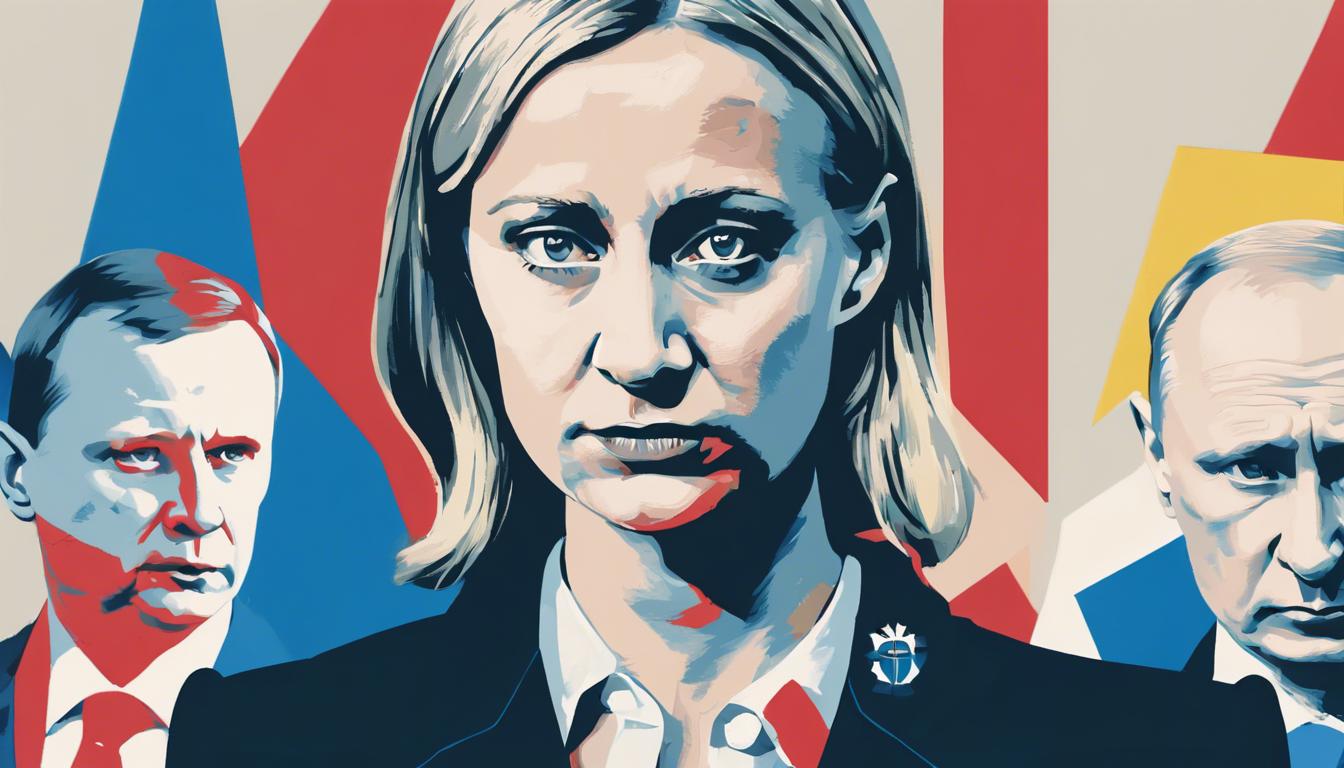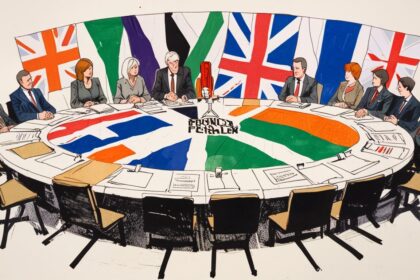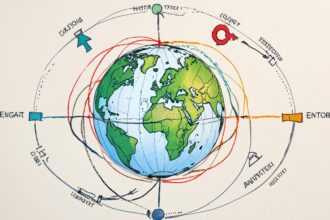Estonian Prime Minister Kaja Kallas highlights the importance of vigilance among NATO countries in a BBC interview, amid concerns over Russia’s actions in Ukraine and speculation about Putin’s health and electoral integrity.
Estonian Prime Minister Kaja Kallas, in a BBC interview, expressed concerns about Russian President Vladimir Putin’s apparent fears regarding a potential conflict with NATO and emphasized the necessity for vigilance among NATO countries. Kallas highlighted the urgent need for increased European support for Ukraine, cautioning that Putin’s victory could have dire consequences across Europe. This caution comes amidst growing tensions between Russia and NATO, underscoring the critical need for continued diplomatic efforts to prevent further regional destabilization.
Separately, controversy has arisen around claims made by Jacob Jugashvili, Joseph Stalin’s great-grandson, suggesting that Vladimir Putin is deceased and has been replaced by body doubles. As reported by The Sun, Jugashvili alleges a power grab within the Kremlin, involving the use of actors who poorly mimic Putin. This assertion has fueled ongoing speculation about Putin’s health and public appearance legitimacy, amid Russia’s ongoing conflict in Ukraine. Concerns regarding the integrity of Russia’s electoral process have also been highlighted, with reports suggesting various manipulative tactics to ensure Putin’s victory.
In the context of the Russian presidential election, the country’s populace is participating in the final voting day, anticipated to secure Putin’s fifth term. The election includes areas of Ukraine under Russian control and is viewed as a controlled process. Despite around 112.3 million Russians being eligible to vote, participation rates typically hover between 70-80 million. The election is marked by the lack of substantial opposition, with Putin’s main challengers either deceased, imprisoned, or exiled. The promotion of online voting by Russian authorities has raised further concerns about potential manipulation of voting authenticity.
These events unfold against the backdrop of intensified scrutiny over Russia’s political landscape and its implications for regional and international stability.













